New EU report indicates that the biggest opportunities for the sporting goods sector are the public promotion of sport and healthy lifestyles and the focus on product innovation.
FESI has extensively engaged in the development of a first-time study, launched by the European Commission and carried out by VVA; KMU Forschung Austria, to improve the economic and policy knowledge of the sport-related industries, with a particular focus on sporting goods.
“The much-needed figures and analysis demonstrate that the growing sedentary lifestyle, which almost accounts for half of the European population, is a massive problem for the wellbeing of citizens and the sector’s economic potential. This demonstrates the urgent need for public authorities to increase promotion of physical activity and better infrastructures. Overall, I am very pleased with FESI members’ participation and engagement in this project, which have allowed the study to become as comprehensive as possible and to touch on various domains of the sporting goods industry,” comments Frank Dassler, FESI President.
In the study the European Commission acknowledges that sport is an important economic driver for the EU28, accounting for approximately EUR 81.5 billion in turnover for the sporting goods sector. The domestic EU production value of the sporting goods sector amounts to EUR 14.6 billion.
These striking figures demonstrate that the sporting goods sector is a frontrunner when it comes to both production and market demand. The study highlights that a significant number of goods are produced in Europe, where high-technological capabilities exist. In terms of consumer trends, the study points out that outdoor, running, cycling and multifunctional clothing as well as smart technologies are in the lead. However, the largest sub-sector in the EU remains the specialised retail sale of sporting equipment.
The analysis outlines the biggest threats and opportunities of the industry. It identifies public promotion of sport and healthy lifestyles coupled with increased focus on innovation as the biggest growth potentials for the sector. Conversely, protectionist measures on the international level are identified as the biggest barriers to the development of the Sporting Goods Industry.
In accordance with FESI’s long term agenda, Dassler adds: “All barriers that hinder the growth of physical activity and trade in sustainable sporting goods necessary for the heathy development of European citizens, such as the slow finalisation of the EU-Vietnam Free Trade Agreement and any remaining protectionist measures, should be removed”.
In light of these findings, the study proposes three recommendations on how to improve the competitiveness of the sporting goods sector:
- Increasing the public promotion of healthy lifestyle and sport activities across Europe;
- Supporting research and development, product and process innovation, in particular in relation to the development of sustainable products;
- Supporting the development of targeted, sport-themed cluster initiatives across Europe.
“The study has demonstrated how crucial it is for all stakeholders to actively engage with local and national authorities, raising awareness on sport, physical activity and linked initiatives. We now call on the European Commission to evaluate the study and to develop a roadmap, in close collaboration with FESI, to implement the three recommendations,” FESI Secretary General Jerome Pero suggests.
FESI emphasizes that one of the biggest challenges for the sector remains the growing sedentary lifestyle in Europe. This is why FESI is committed to the promotion of physical activity in the EU and is an active partner of the European Week of Sports as well as being the initiator of the House of Sports in Brussels.
Please find the link to the study here.

